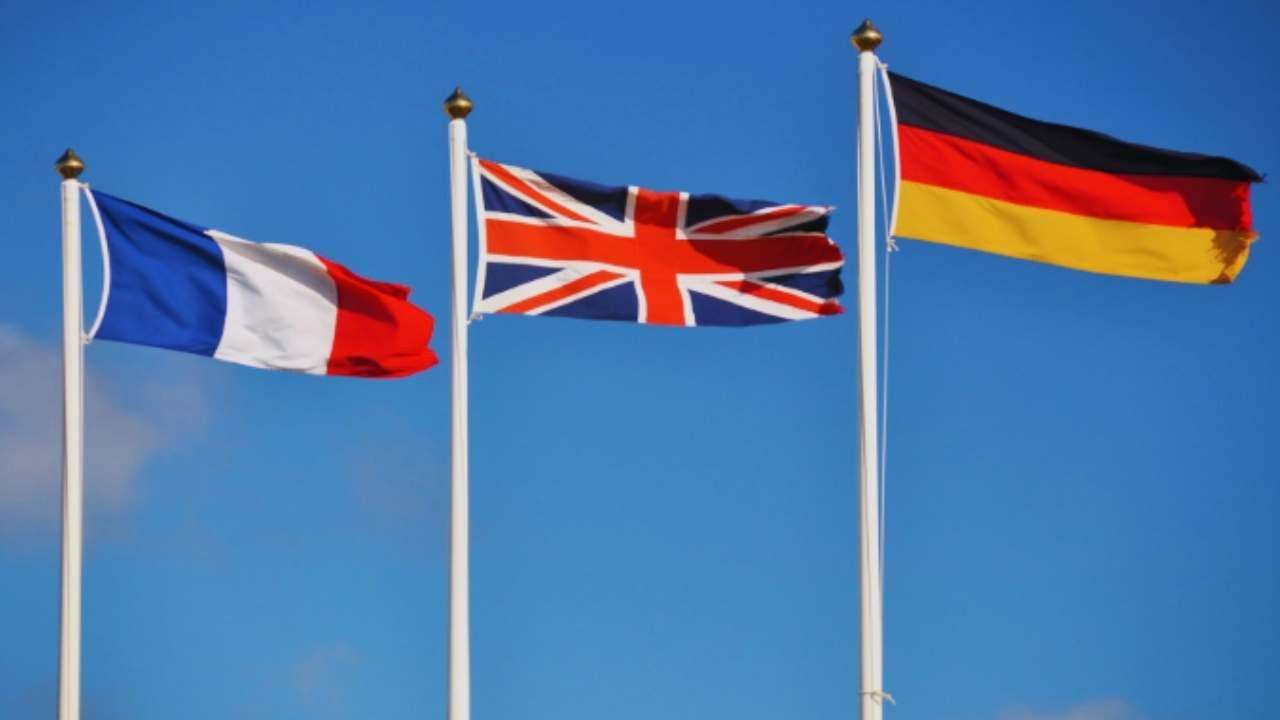A wave of distress is spreading across Europe as the United Kingdom, Germany, and France simultaneously grapple with mounting social, economic, and environmental challenges, sparking public concern and political tension throughout the region.
United Kingdom: Public Sector Strikes and Rising Living Costs
In the UK, a new round of public sector strikes has disrupted transport, healthcare, and education services. Railway workers, nurses, and teachers have staged coordinated walkouts this week, demanding wage increases that reflect the continued surge in inflation and cost of living.
The British government has acknowledged the pressure but maintains that budget constraints limit its ability to meet union demands in full. Prime Minister Keir Starmer stated, “We recognize the hardships families are facing, but we must also ensure fiscal responsibility.” Meanwhile, commuters and patients are bearing the brunt of the disruption, with thousands of appointments cancelled and travel across major cities paralyzed.
Germany: Economic Slowdown and Industrial Unrest
Germany, traditionally seen as Europe’s economic powerhouse, is facing a sharp slowdown. Recent data shows GDP contracted by 0.3% in the last quarter, driven by falling exports and weaker industrial output. The automotive and manufacturing sectors, critical to the German economy, are being hit by global supply chain delays and decreased demand from Asia and the U.S.
Adding to the crisis, workers from several major industrial unions have staged protests demanding job security and government intervention. Finance Minister Christian Lindner warned of “a difficult year ahead” and called for structural reforms to maintain competitiveness.
France: Civil Unrest and Energy Woes
In France, civil unrest has flared again in Paris and other major cities, with demonstrators protesting a controversial pension reform law and soaring energy prices. The government's decision to gradually raise the retirement age from 62 to 64 has been met with fierce opposition, particularly from youth and labor groups.
Compounding the issue, France is facing an energy crunch amid reduced nuclear output and heatwaves that are stressing the national grid. The government has called on citizens to reduce electricity usage during peak hours. President Emmanuel Macron has defended the reforms, stating they are “essential to protect future generations,” but protests show no sign of slowing down.
A Continental Strain
Across all three countries, a common thread is evident: a growing divide between public demands and government responses. Rising costs, economic instability, and dissatisfaction with political leadership are feeding a wider sense of unrest throughout Western Europe.
Analysts warn that without coordinated responses at both national and EU levels, the current crises could deepen. “We are seeing the unraveling of post-pandemic optimism,” said Dr. Elise Bernard, a political economist in Brussels. “Europe must urgently refocus on socioeconomic stability before the situation escalates.”
As summer begins, European leaders face the challenge of restoring confidence, calming tensions, and preventing further deterioration of public trust across the continent.
_8.jpg)







.svg)


_2.jpg)
_6.jpg)